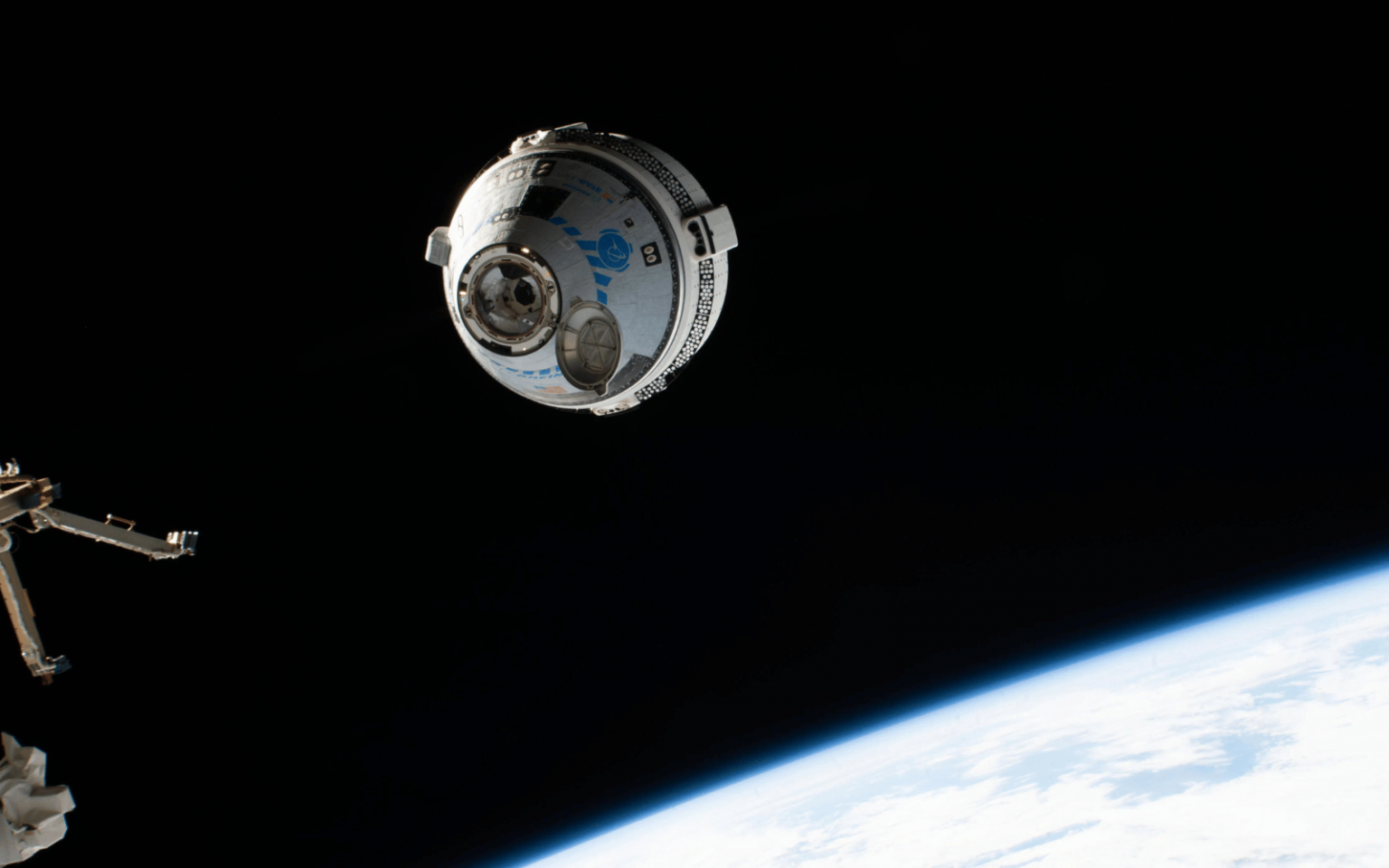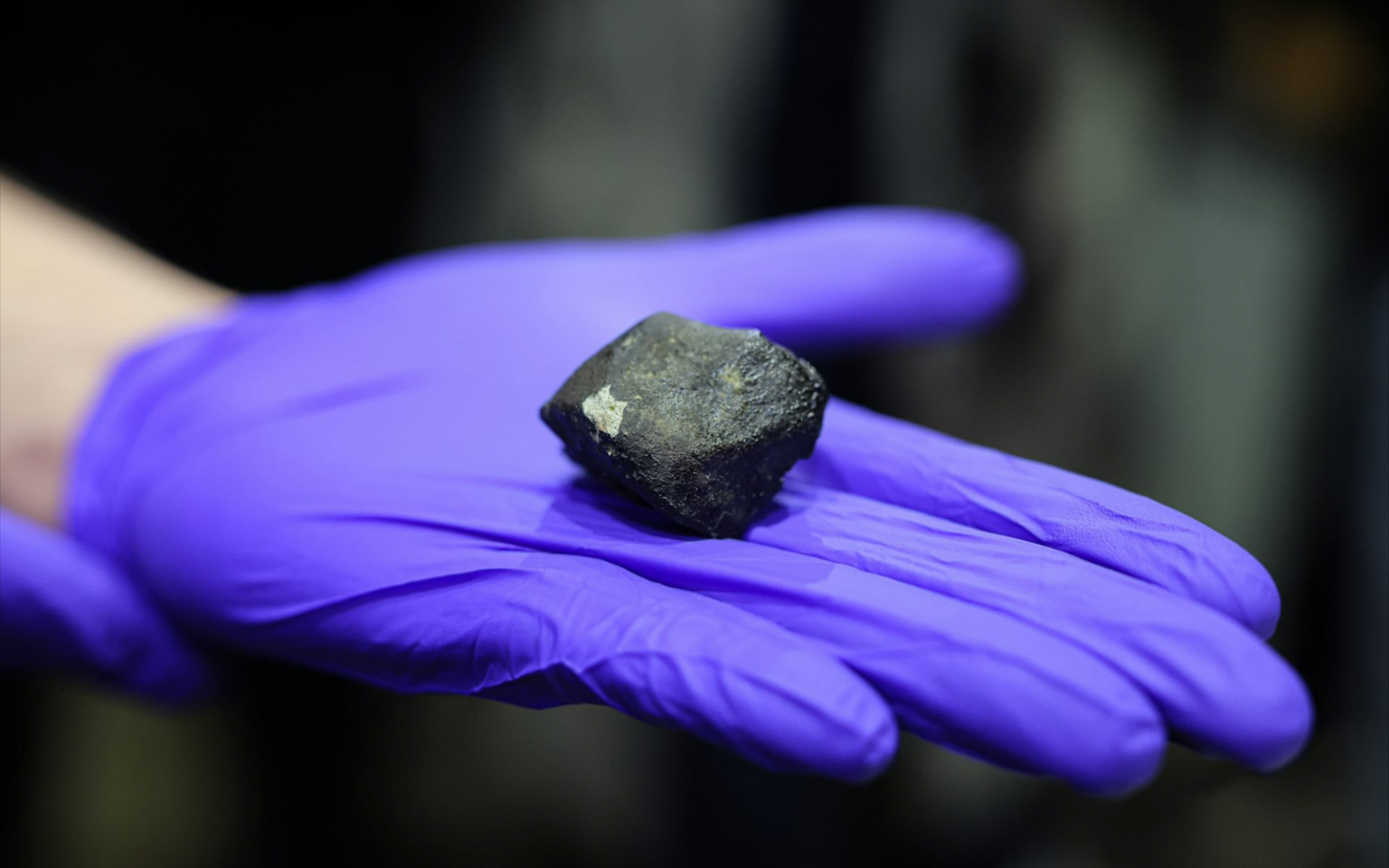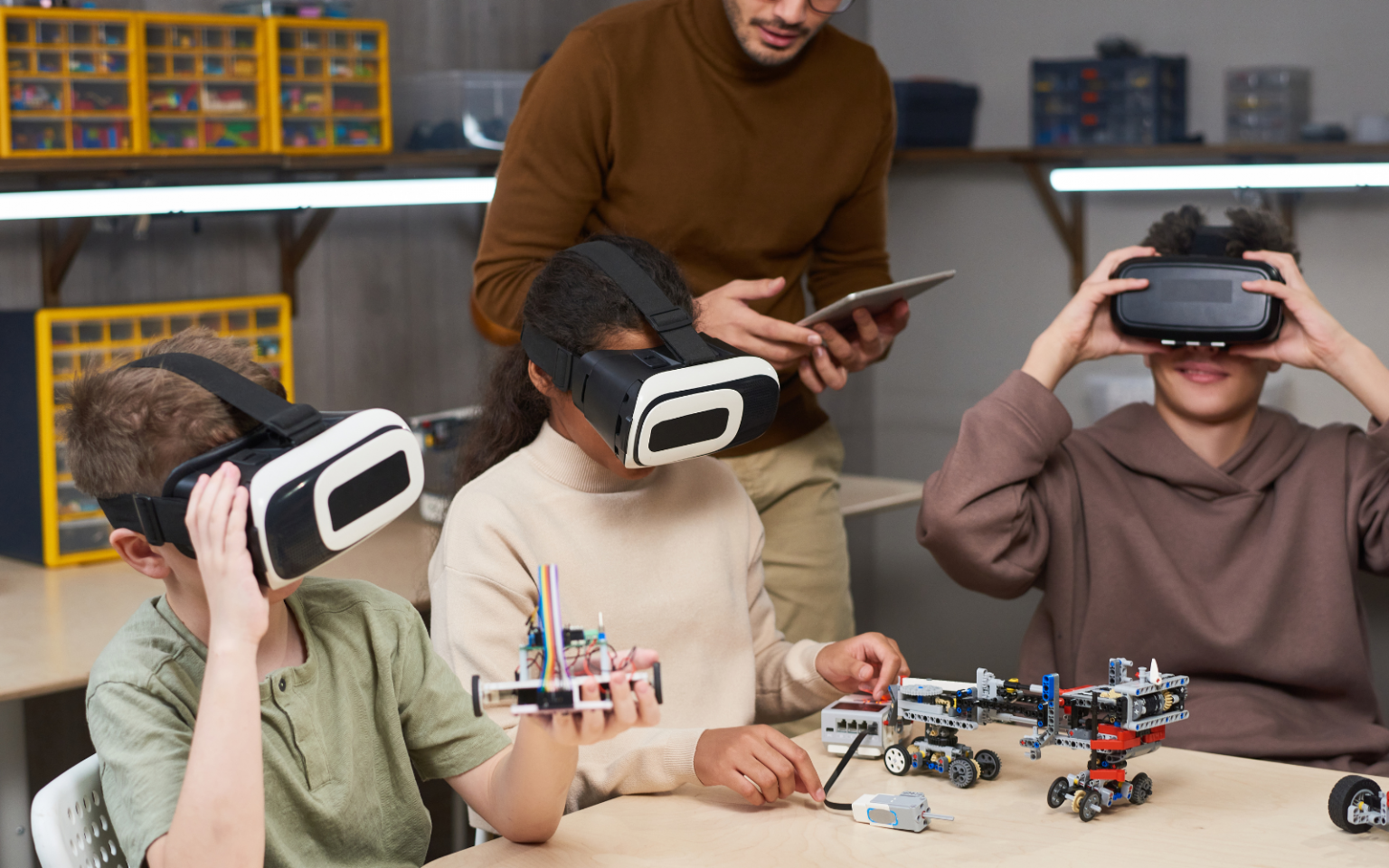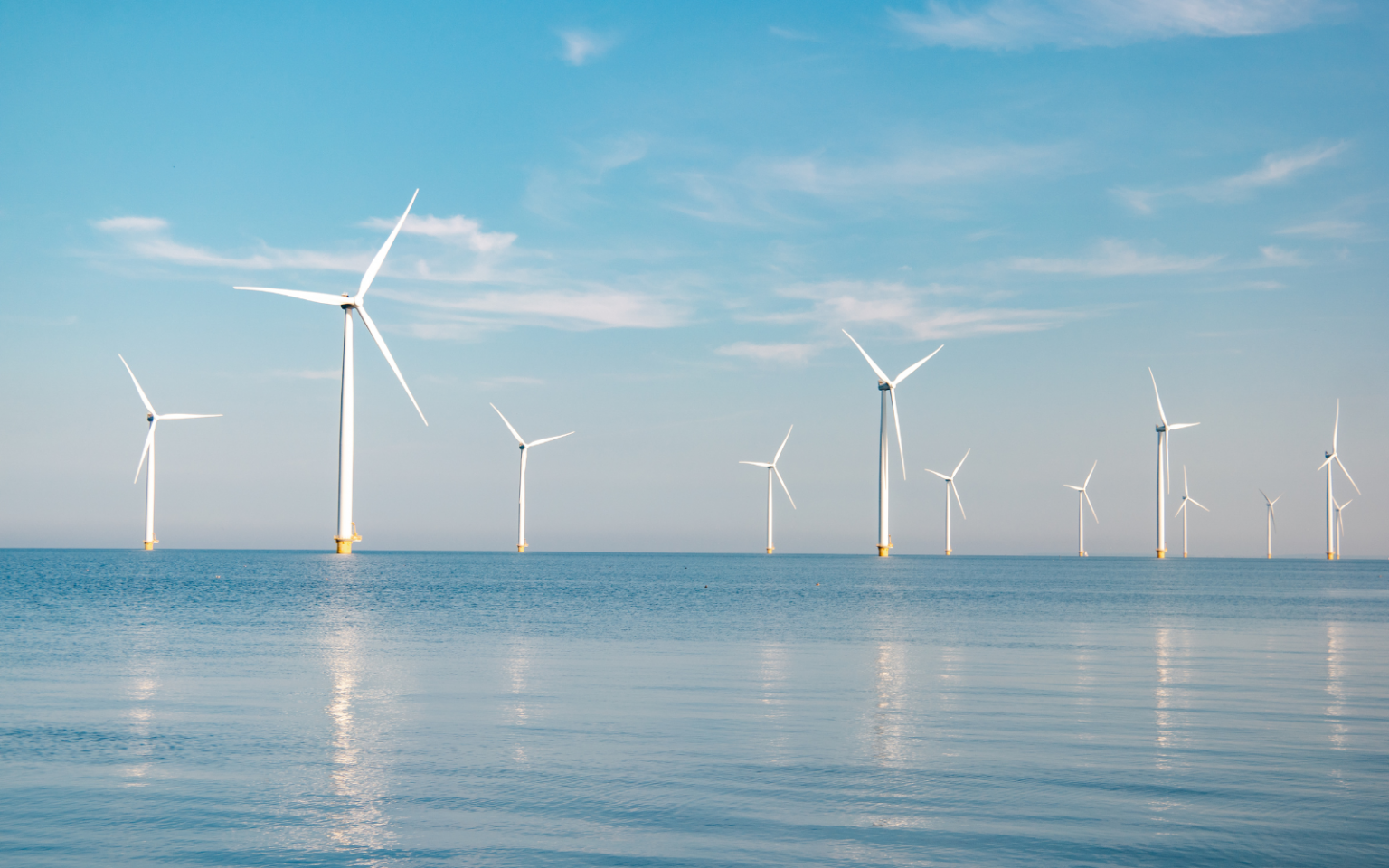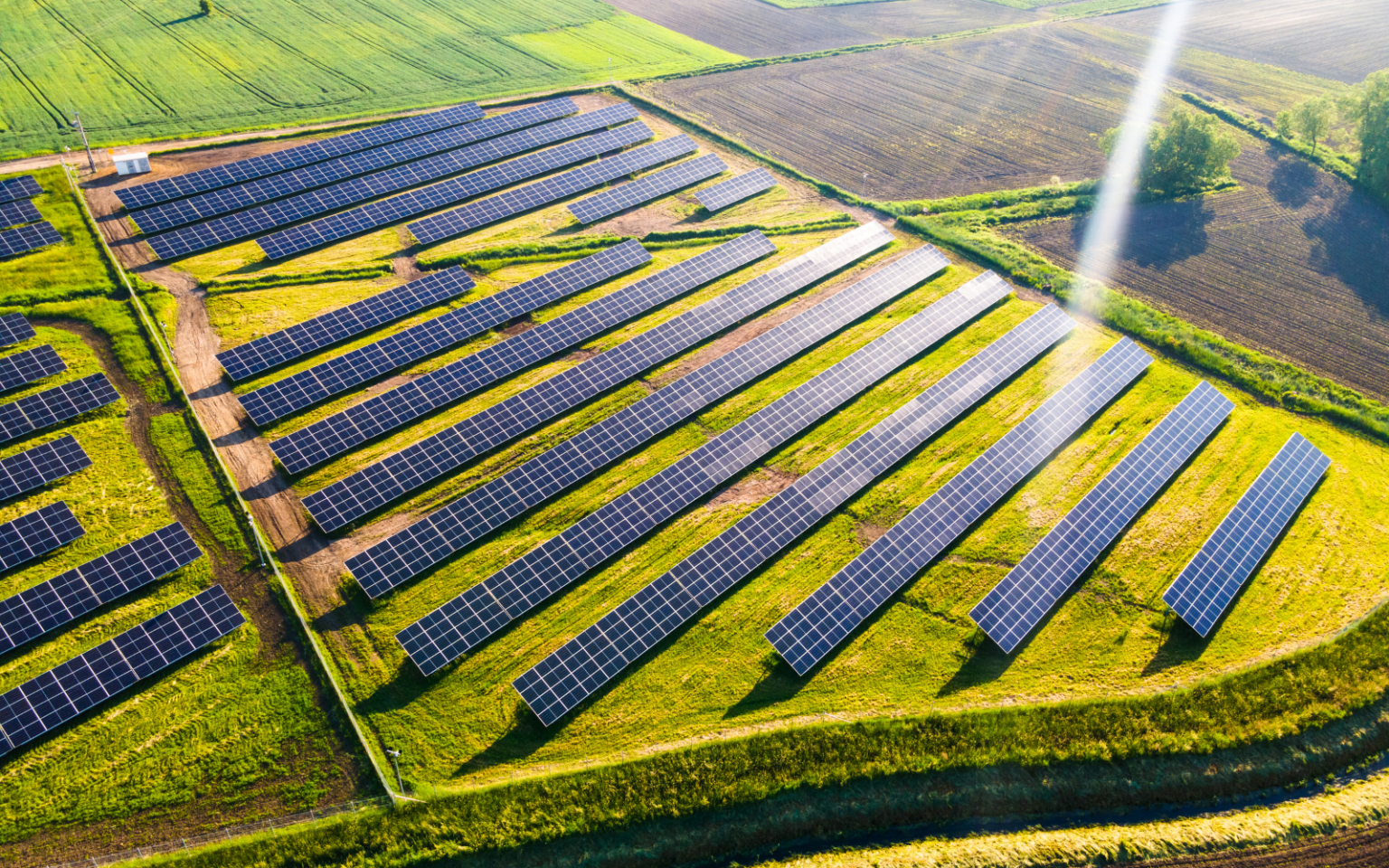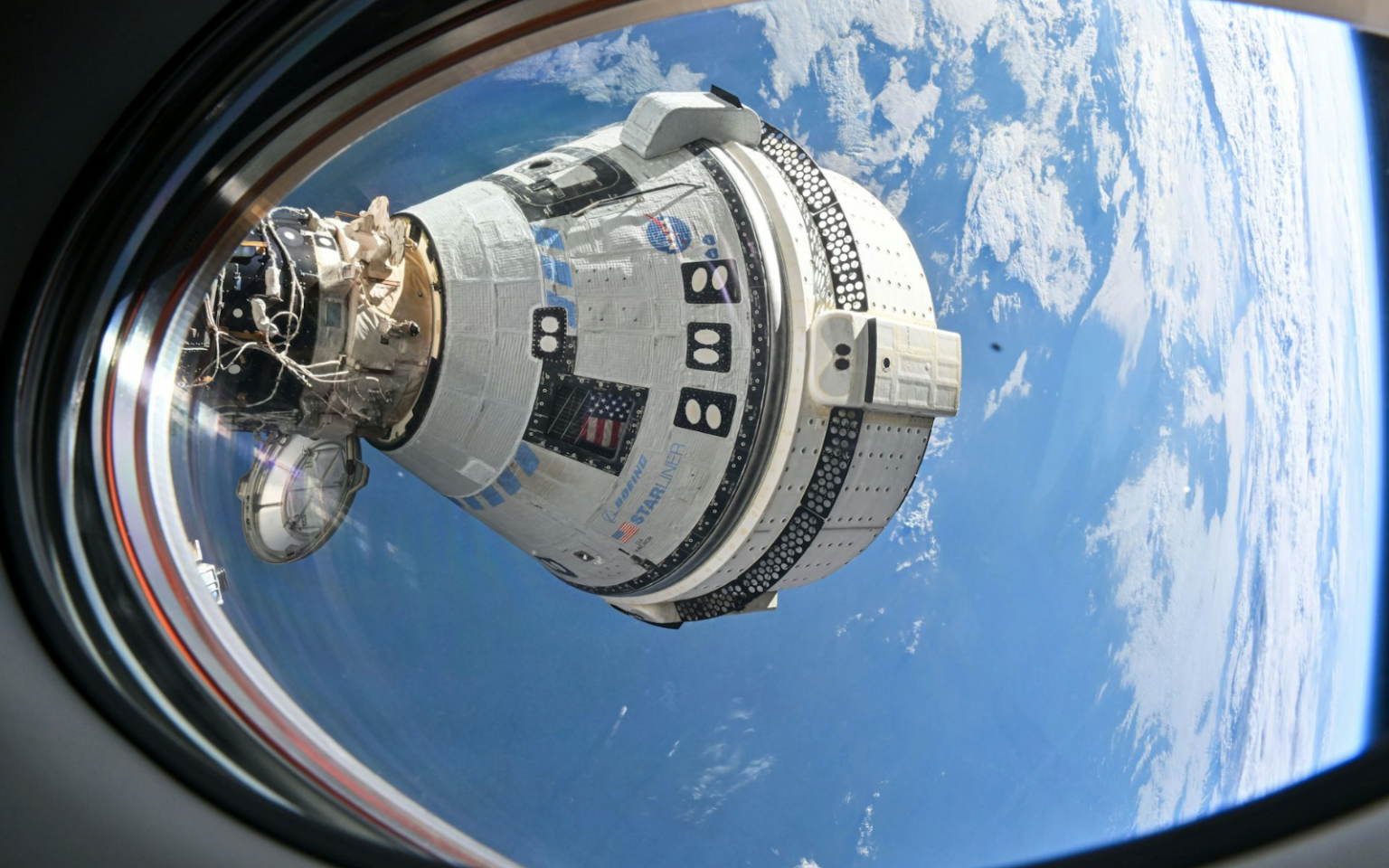Boeing’s crew transport space capsule, the Starliner, returned to Earth without its two-person crew right after midnight Eastern time on Sept. 7, 2024. Its remotely piloted return marked the end of a fraught test flight to the International Space Station which left two astronauts, Butch Wilmore and Sunita “Suni” Williams, on the station for months longer than intended after thruster failures led NASA to deem the capsule unsafe to pilot back. Wilmore and Williams will stay on the International Space Station until February 2025, when they’ll return to Earth on a SpaceX Dragon capsule. The Conversation U.S. asked former commander of the International Space…
Author: The Conversation
The idea that aliens may have visited the Earth is becoming increasingly popular. Around a fifth of UK citizens believe Earth has been visited by extraterrestrials, and an estimated 7% believe that they have seen a UFO. The figures are even higher in the US – and rising. The number of people who believe UFO sightings offer likely proof of alien life increased from 20% in 1996 to 34% in 2022. Some 24% of Americans say they’ve seen a UFO. This belief is slightly paradoxical as we have zero evidence that aliens even exist. What’s more, given the vast distances between star systems, it…
On a Sunday morning in late August 2024, a nine-year-old girl named Eli-zé du Toit was sitting on her grandparents’ porch near a small town in South Africa’s Eastern Cape province, when she heard a long rumble, then heard a rustling in a nearby fig tree. As she watched, a rock fell out of the tree. When Eli-zé picked it up, she noticed that the rock had a black crust and a grey interior “like concrete”. It was warm on the crust and cold on the inside. Elsewhere in the Eastern Cape, videos and photographs on social media of a…
Default privacy settings in popular mobile apps seem like a convenience, allowing you to use a single setting to control the level of privacy – who can see which actions you take – across all of the app’s functions. But default privacy settings are also a potential risk to your privacy. The U.S. app market generated US$44.9 billion in 2023, with smartphone users spending 217 billion hours on their apps. The growing popularity of mobile apps can be attributed to their convenience, ease of use, connectivity and flexibility. For instance, Venmo, a popular peer-to-peer payment app for iPhone and Android users, lets users send and receive money…
Starting and running your own business takes hard work and a can-do attitude. Typically, entrepreneurs are the kinds of people who can identify and solve problems innovatively, are willing to take risks and learn from mistakes. But many entrepreneurs also have a set of skills that anyone can learn, and use in work and life. Examples include adaptability, problem-solving, collaboration, communication, creative thinking, innovation and resilience. South Africa’s Department of Basic Education sees these skills as an important part of the school curriculum, especially since about 60% of South Africans aged 16-24 don’t have work. The department’s 2016 Entrepreneurship in Schools Sector…
Against the background of climate change, there’s a push to make offshore wind a much bigger part of the UK’s energy supply in coming years. But offshore wind farms are already being affected by cyberattacks, according to a recent report. And unless the vulnerabilities are addressed, cyberattacks could cause power outages, leading to critical services such as hospitals being unable to function. Successful cyberattacks could lower public trust in wind energy and other renewables, the report from the Alan Turing Institute says. The authors add that artificial intelligence (AI) could help boost the resilience of offshore wind farms to cyber threats. However, government and industry need to…
A systematic review into the potential health effects of radio wave exposure has shown mobile phones are not linked to brain cancer. The review was commissioned by the World Health Organization and is published today in the journal Environment International. Mobile phones are often held against the head during use. And they emit radio waves, a type of non-ionising radiation. These two factors are largely why the idea mobile phones might cause brain cancer emerged in the first place. The possibility that mobile phones might cause cancer has been a long-standing concern. Mobile phones – and wireless tech more broadly –…
New phones are being launched with features enabled by artificial intelligence (AI). The latest of these was Google’s flagship Google Pixel 9 phone. Samsung’s Galaxy S24 phone, released at the beginning of 2024, also features a range of AI-enabled photo editing features. The hidden story behind devices like these is how companies have managed to migrate the processing required for these AI features from the cloud to the device in the palm of your hand. In the Google Pixel 9 phone, a feature called Magic Editor allows users to “re-imagine” their photos using generative AI. What this means in practice is the ability to reposition the…
China-Africa relations have deepened over the past two decades, characterised by increased economic cooperation, investment and infrastructure development. China is now Africa’s largest trading partner, with partnerships focused on building roads, railways and energy projects. As the ninth Forum on China–Africa Cooperation (FOCAC) kicks off this week in Beijing, a new, green theme is shaping their relationship: the global renewable energy race. We asked Lauren Johnston, a development economist with expertise in China-Africa relations, to provide some insights into this development as it positions both regions as key players in the global shift towards green energy. How is the race for green energy shaping relations between…
Sunita Williams and Barry “Butch” Wilmore must have heaved a sigh of relief when they opened the hatch and floated into the International Space Station (ISS) on June 6 2024. It was the first time the Starliner spacecraft they arrived on had ever carried people. Built by aerospace manufacturing giant Boeing, Starliner had become the second commercial spacecraft to carry astronauts to the ISS after the Crew Dragon, built by Elon Musk’s company SpaceX, which has already completed eight crew transportation flights to the orbiting outpost. NASA’s decision more than a decade ago to offload crew transport to private companies like SpaceX and Boeing…

